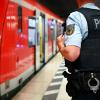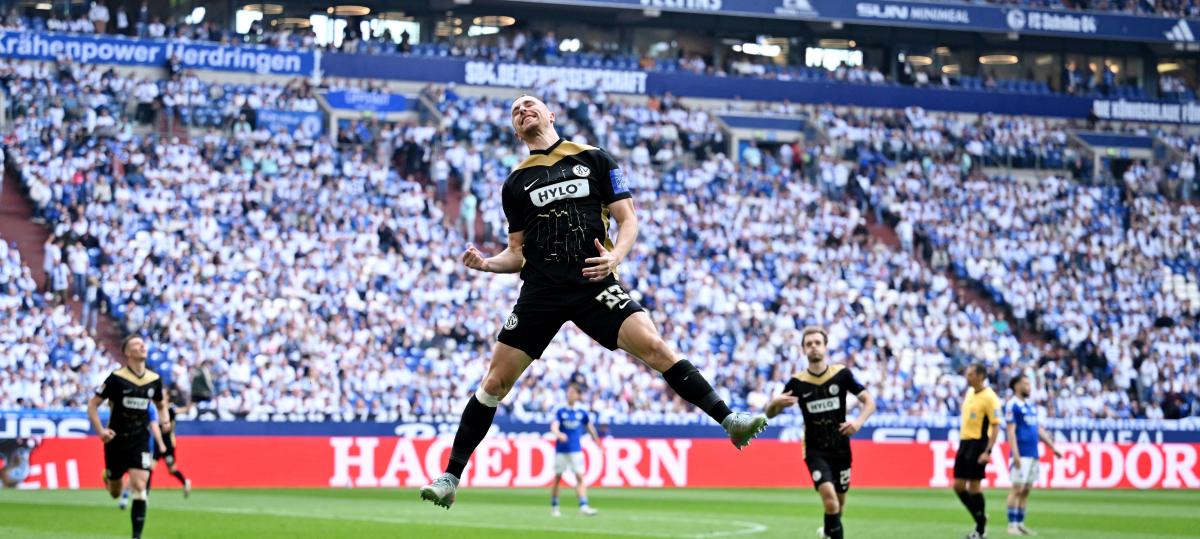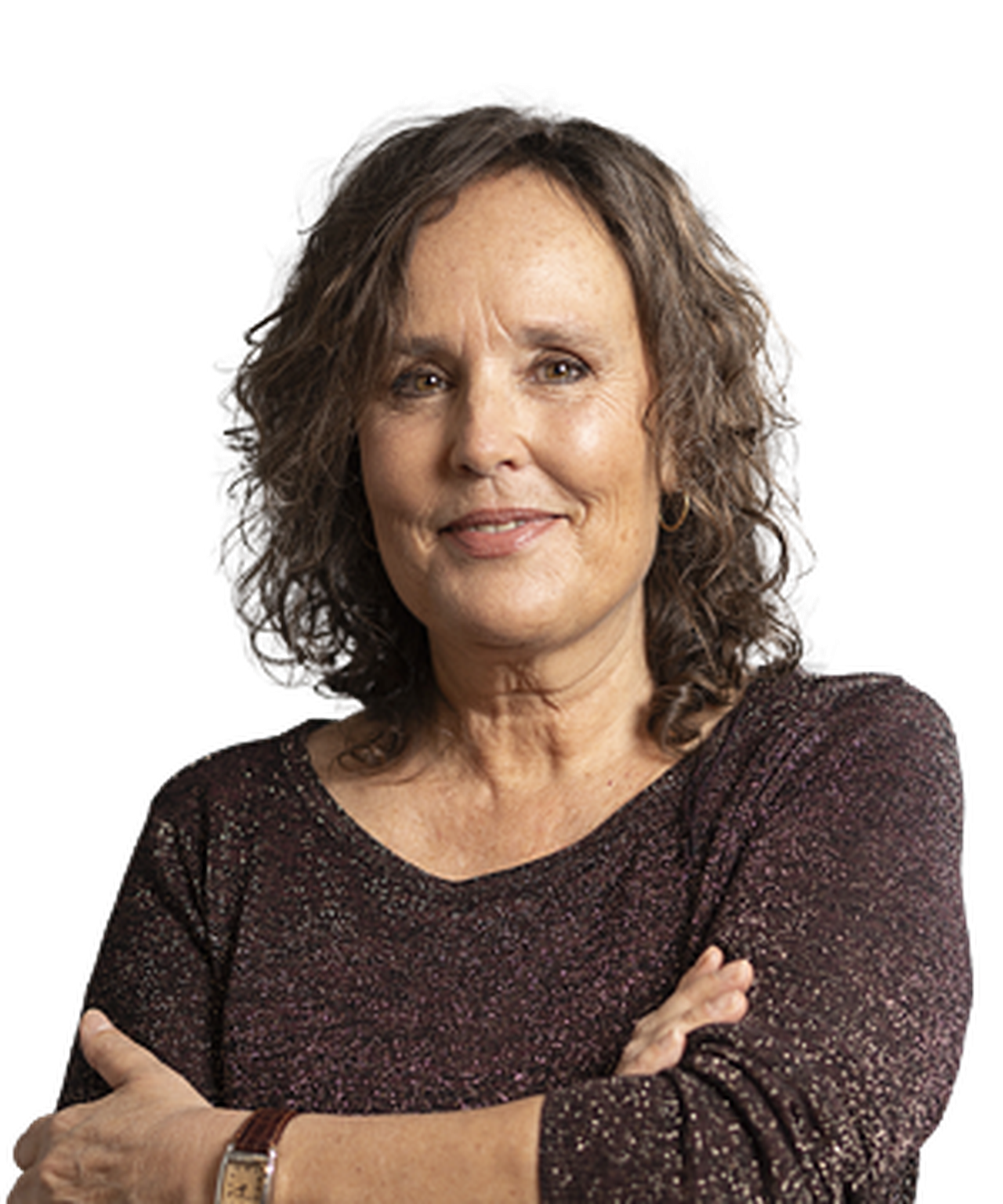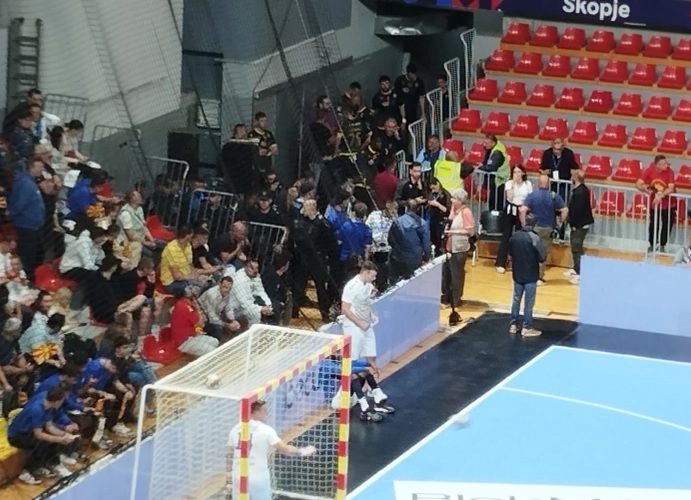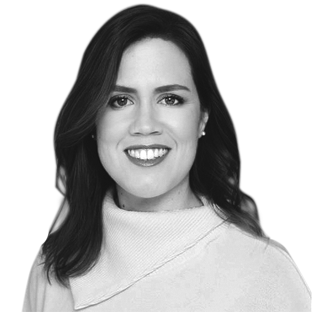Why do we still need denominational schools today?

To what extent are private schools more flexible when it comes to the curriculum, teaching content and the design of the lesson?
Peter Kosak: Private schools are more freely than state schools. This is anchored in the Basic Law. Some private schools use this, some see themselves more as a kind of parallel state school. We as a school have always relied on our private school freedom and, especially in the field of school development and innovations, have stretched the freedom as far as possible.
Do you have an example for this?
COSSACK: You can see that at our Bishop Ulrich Realschule. When the former carrier gave up school in 2020, we took over it. For the new school year we will focus completely on self -organized learning. There are no more classrooms, there is no longer any lessons in the conventional sense. Another example of this is our AFRA concept for our secondary schools. In the state area, it would not be possible that we teach networked and summarize the four subjects of religion, biology, geography and history.
The school’s website says that the educational tradition of the order should be preserved. What does that mean specifically for everyday school life?
COSSACK: We have religious schools that have been founded by sisters and brothers, but on which, however, no more orders have been active for several years. How can we maintain this tradition? That is a big task. And we will not manage that to the same extent as a layperson. But it must be clear to us that our mission statement is Christian-Catholic. Lays can also implement that. Many people know that we come from a rich tradition and keep them alive. I am thinking of the global fundraisers of our schools for people in need, which very often benefit the respective religious in the world. This solidarity combines us with the past and enables the future. We have to pass it on so that this source does not dried up. That’s what we are doing. The moment we see ourselves as a bare decal of the state school, we are no longer needed.
Is this a question of value and posture or is it also expressed specifically in dealing with schoolchildren?
COSSACK: Of course, someone who is not colored Christian-Catholic can also have a good attitude towards schoolchildren. But I think that it is easy for someone who acts out of faith to deal with children. Mercy, forgive, that is the daily business of teachers. You have to like children, otherwise it doesn’t work. And a Christian basic attitude is beneficial.
What do the private schools in the school do what a public school cannot do?
COSSACK: We can make faith a content of our daily practice. This can be a state school in the variety of peoplethat she has to do with which she has to do. Many say: This is one -dimensional, you block you the diversity. I do not believe that. We have Protestant students, we have Muslim students, we have no confessional students, we have the whole diversity, but we still want to be on the common basis of Christianity. Parents estimate that we are consistent and demand. This is nothing exclusive and exclusive. This is an offer and an invitation.
A private school can choose which students come, especially if you are more interested than you may have to award places. How do you choose?
COSSACK: At primary schools, we are imposed on the state how many Catholic students we have to take. 70 percent must be Catholic. You actually have no choice in primary and middle schools. We are free at the secondary schools and high schools. But after we are a Catholic school and live in a not inconsiderable share of grants from the diocese, it is also clear that Catholics who apply to us have a certain advantage. But just because someone is Catholic does not automatically mean that they are taken. If someone consciously chose a Catholic primary school or is committed to church or socially, this is an important criterion. Often one says to us: you are elitistyou only take the 1.0 grade average. It’s just not true.
But you can say that the school schools are not a cross -section of society, at least in some areas. Especially with primary schools.
COSSACK: In no way at primary schools because the Catholic quota is imposed. And it is also the case in other areas: at the latest when you get to church or social engagement, then of course this is not the average. This is not only because we have selection criteria, but especially because a large part does not apply to our school. In secular society, many people with a church school cannot do anything.
The selection makes the school, but not everyone is interested in school – in the end a more homogeneous group is created.
COSSACK: Without losing the diversity from the eye. You must not lose sight of the topic of migration. Even with 70 percent Catholics, they have the whole diversity, families from Croatia, Italy, Portugal, Spain, but also from Asian countries such as the Philippines or from South America. You can see the complete social mix at a school like the Bishop Ulrich Elementary School. We are very close to life despite Catholic quota. And who claims that Catholic schools are islands of the blessed because they choose their people, I recommend a visit to our primary school in Neu-Ulm. As far as migration and social environment is concerned, this is even more mixed than in Augsburg. There they experience the whole world in a school and the problems are not smaller than at one of the state school.
Photo: Peter Kosak
To what extent does the individual skills of the children play a role in their schools?
COSSACK: That actually plays a very big role for us. We assume that every child, every adolescent with whom we have to do, is a godly image of God. And with that we have to take individual skills, skills, talents seriously. This is going under and I don’t want to say that we succeed 100 percent everywhere. But I am firmly convinced that we have to focus even more much more in the future. We have to accept the child as it is. We have to give this child all the chances so that it can develop as it is wanted by God. And that happens to our education system to an insufficient extent. Sometimes we make it too easy if we only rely on the distribution power of the system and do not give children a second or third chance. Failure does something with children’s souls.
That is also a very large tension between personal development and knowledge transfer.
COSSACK: I believe that the current system will reach its limits in the foreseeable future. It is now partly reaching its limits. This becomes stronger because, as a teacher, we are the worst case as a cathedral of many of many no longer manageable individuals. Because children and adolescents have to gain the impression more and more in this system that they are not responsible for what they learn at school. We are turning this back on and telling the child: you are responsible for your learning process. We give you everything you need, but the learning process is first of all yours. That seems to me to be the right way.
To person
Peter Kosak has headed the school work of the Augsburg diocese since 2016. Kosak is a teacher himself and led the school -owned private one before his position in the school work Maria-Ward-Gymnasium in Augsburg.

